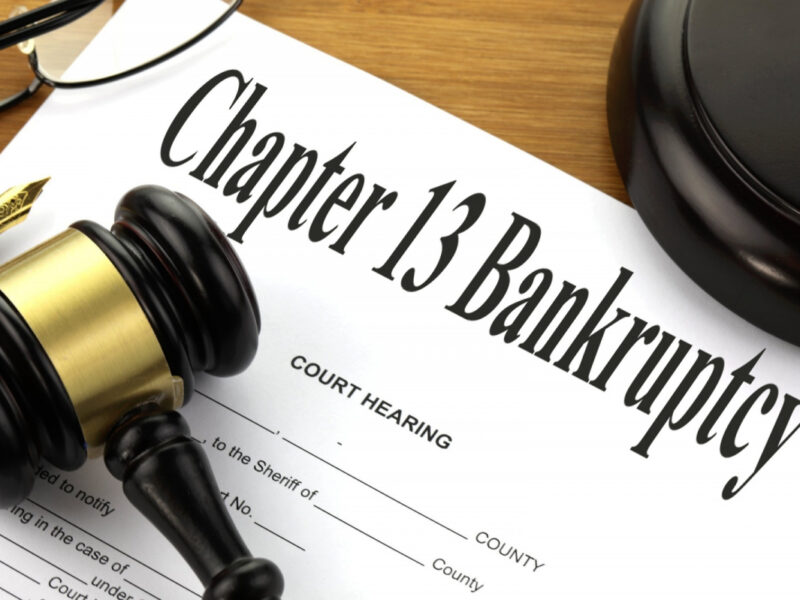In a recent decision, the Court held that Form 4549 filed by debtor was not income tax “return” for purpose of Code § 523(a)(1).
A Form 4549 Income Tax Examination Changes dated July 19, 2007, signed by the debtor was not a tax return under IRC § 6020(a) and thus was not a qualifying tax “return” for the debtor’s 2003 taxes within the meaning of the hanging paragraph following Code § 523(a). The Court reasoned as follows:
First of all, Form 4596 is simply not a tax return, and is not on Form 1040, Form 870, or other substitute return form. Second, the Form 4596 was not received by the IRS as a return by the debtor, which is a statutory requirement for a valid § 6020(a) return. Third, the debtor’s Form 4549 was qualified and conditional, as it had several handwritten notations and request for modifications by the debtor in various calculations. At best, the Form 4596 was a conditional consent to assessment of taxes, which simply did not qualify as a § 6020(a) tax return.
The Court also noted that the debtor’s unsubstantiated statement that “to the best of my knowledge” he submitted his 2004 tax return in 2005 was insufficient competent evidence to create a fact issue on the timing of the filing of his 2004 tax return. As a matter of law, a taxpayer’s testimony by itself is not sufficient to establish that a tax return was filed when the IRS has no record of the receipt of the tax return. See, e.g., Surwoka v. U.S., 909 F.2d 148 (6th Cir. 1990).
In re Fernandez, 2012 WL 5289916 (Bankr. W.D. Tex., Oct. 25, 2012)
